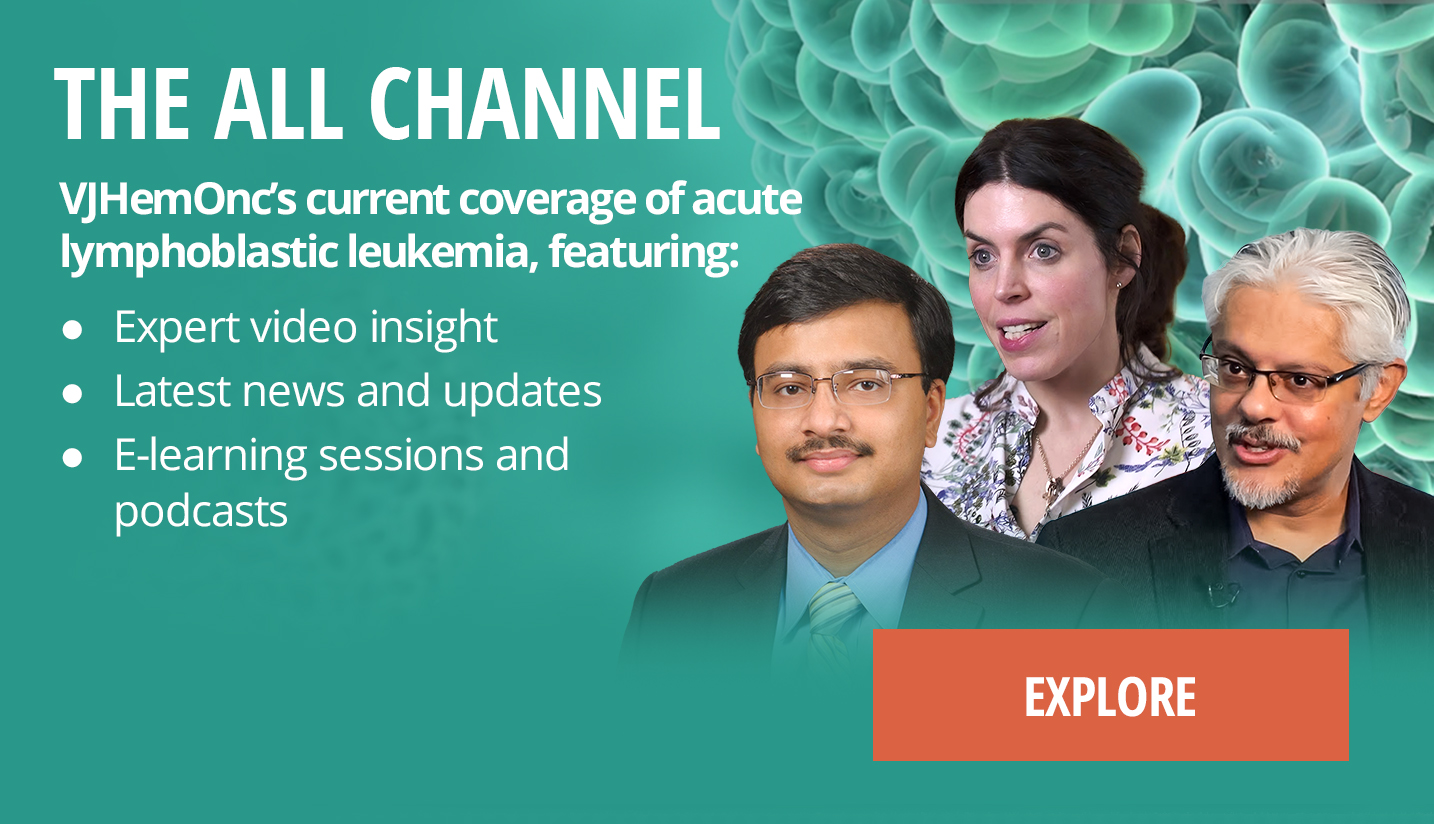This EBMT 2023 annual meeting held in person in Paris is really amazing. Of course, I’m very privileged and I feel blessed being the president of this congress, but I was supported with a fantastic local organizing committee and scientific co-chairs who really helped me to design and implement a fantastic cutting-edge scientific program; obviously in any program there are pros and cons. The highlights is about the introduction of debates, controversies, the media expert sessions...
This EBMT 2023 annual meeting held in person in Paris is really amazing. Of course, I’m very privileged and I feel blessed being the president of this congress, but I was supported with a fantastic local organizing committee and scientific co-chairs who really helped me to design and implement a fantastic cutting-edge scientific program; obviously in any program there are pros and cons. The highlights is about the introduction of debates, controversies, the media expert sessions. But if you’re asking me about one thing that is becoming really very important, it’s clearly the cellular therapy track and sessions which are becoming extremely popular. Rooms are overcrowded. So we have now actually in the EBMT registry reached the level of more than 5000 cases of CAR T-cell patients reported, which is really a fantastic milestone. We have data in different lymphoma categories showing that CAR T-cells are really improving patient outcome and they are likely replacing, for instance, auto-transplant and even allo-transplant so this is extremely important. We’ve seen advances in the field of acute lymphoblastic leukemia but also in multiple myeloma. The other important aspect that I would like to emphasize is that we’ve seen at the presidential session, the report about a Phase I trial using allogeneic CAR T-cells off-the-shelf with an excellent efficacy and safety profile. And this is really very significant, very important to us in the field because although we are believers in the autologous benefit of CAR- in the autologous CAR T-cells and their benefit, but we need to bear in mind that for autologous CAR T-cells, you need a bridging therapy. So that takes time and there’s no consensus on the bridging therapy. You need some time to manufacture these CAR T-cells and some patients may not be able to wait long enough to receive them. This is why having the ability to have allogeneic CAR T-cells immediately ready, is something I think of great importance for the future. Obviously, we need to have more mature data, longer follow-up, but this is really, really very promising. And besides CAR T-cells, we have also an incredible number of communications actually about other, I would say cellular therapies like NK CARs with an update, for instance, about the initial report by Dr. Rezvani and colleagues on their publications, the New England Journal of Medicine and I’ll keep you to discover it later in the congress today. But also, we have discussions about the gamma delta T-cells. Also, there is a whole story about the advent of CAR T-cell-so I’m coming back to the CAR T-cells in auto immune diseases. So you can see it’s a true open boulevard of innovations for immune therapy, especially cellular immune therapy. And of course, in parallel we have all the immune therapy based on bispecific, trispecific, antibodies which also now are making a huge difference in the life of patient with lymphoma, acute lymphoblastic leukemia, but also multiple myeloma. So, if there is one word that can summarize a key word, one of the key words of this meeting is about immune therapy, but also about immune modulation in general. And here, the microbiota modulation is playing increasingly an important role, not only in the setting of stem cell transplantation, but also in the setting of cellular therapy like CAR T-cells, as I have just mentioned, because obviously you would like to enhance but shaped the efficacy of your CAR T-cells. And this is where the modulation of the microbiota can play a role. So you can see I think this congress is really on the cutting edge when it comes to the latest innovation in medicine, in cancer, and of course, mainly in hematology as far as we are concerned.

















